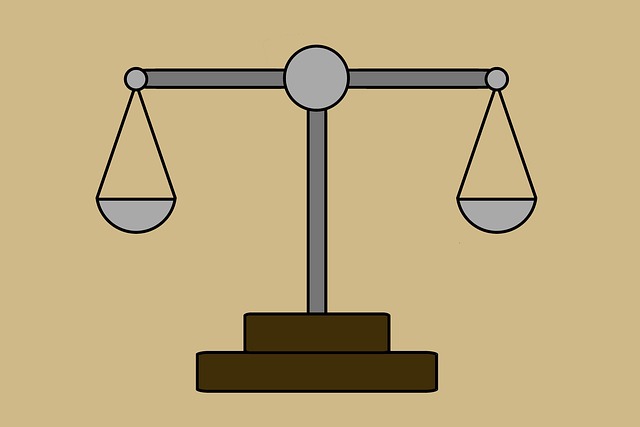Oregon's Department of Human Services (DHS) oversees child welfare, prioritizing children's safety and well-being up to age 18. Children in foster care have specific legal rights, including decision-making power over education and healthcare, regular visitation with biological family members, and secure living conditions. Parents also possess significant legal rights and responsibilities, primarily focused on ensuring their child's safety and well-being. DHS agencies strictly adhere to legal requirements, mandatory reporting of abuse or neglect, and protect children's legal rights through representation and support services.
Oregon’s child welfare system operates within a robust legal framework designed to protect and nurture vulnerable children. This article delves into the key legal aspects of child welfare, including jurisdiction, rights of involved children, parental responsibilities, and reporting obligations for agencies. Understanding these legal requirements is essential for navigators of Oregon’s child welfare landscape, ensuring the protection and well-being of every child under its care.
- Legal Definition & Jurisdiction in Child Welfare
- Rights of Children Involved in Foster Care
- Parental Rights & Responsibilities in Oregon
- Reporting Requirements & Obligations for Agencies
Legal Definition & Jurisdiction in Child Welfare

In Oregon, child welfare is governed by a series of laws designed to protect and promote the well-being of minors. The state’s child welfare system operates under the jurisdiction of the Department of Human Services (DHS), which has the legal authority to intervene when children are at risk or in need of protection. This includes situations where there is suspected abuse, neglect, or exposure to harmful environments.
The legal definition of child welfare involves ensuring that every child has access to basic needs, safe living conditions, and opportunities for healthy development. The state’s laws also outline the legal rights of children involved in the welfare system, emphasizing their right to be heard, to receive appropriate care, and to maintain relationships with family members when possible. Jurisdiction in child welfare cases extends to all minors under the age of 18, regardless of their citizenship or residency status.
Rights of Children Involved in Foster Care

Children involved in foster care have specific legal rights designed to ensure their protection and well-being. These rights are enshrined in both state laws and federal regulations, such as the Adoption and Safe Families Act (ASFA). One of the fundamental rights is the ability to make decisions about their own lives within certain parameters, including choices related to education, healthcare, and personal development.
Additionally, children in foster care have the right to regular visitation with their biological family members unless it’s deemed unsafe or harmful. They also have the legal entitlement to a safe and stable living environment, adequate food, clothing, and medical care. These rights aim to uphold the child’s dignity while navigating the complexities of the child welfare system.
Parental Rights & Responsibilities in Oregon

In Oregon, parental rights and responsibilities are a critical aspect of child welfare legislation. Parents in the state have the fundamental legal right to make decisions regarding their child’s upbringing, including medical care, education, and religious training. However, these rights come with significant responsibilities, as outlined by Oregon law. One key responsibility is ensuring the child’s safety and well-being; parents must provide a stable and nurturing environment free from abuse or neglect.
Additionally, Oregon requires parents to involve themselves actively in their child’s life. This includes regular contact, attendance at important events, and participation in court proceedings related to custody or welfare. Failure to fulfill these responsibilities may lead to legal consequences, as the state prioritizes the best interests of the child in all decisions regarding parental rights and child welfare.
Reporting Requirements & Obligations for Agencies

In Oregon, child welfare agencies have a crucial role in protecting and promoting the well-being of children. They are bound by strict legal requirements when it comes to reporting and obligations. These include mandatory reporting of suspected instances of abuse or neglect within specific time frames. All licensed and registered agencies, including foster care providers, must report any reasonable suspicions of child abuse or neglect to the Oregon Department of Human Services (DHS). Failure to comply can result in serious consequences, impacting the agency’s licensure and operations.
The legal rights of children involved in welfare cases are paramount. DHS is responsible for ensuring these rights are upheld throughout the process. This involves providing timely access to legal representation, maintaining confidentiality, and offering support services to both the child and their family. Agencies must also collaborate with local courts to ensure the quick resolution of cases, thereby promoting a safe and stable environment for Oregon’s youth.
